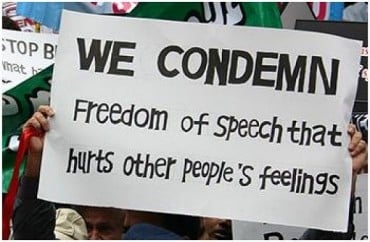Societies advance through the creation, expression, and evaluation of alternative ideas. Therefore, for almost a millennium, we have had universities where ideas and discoveries are born and different perspectives are debated in “marketplaces of ideas” or “learning...


